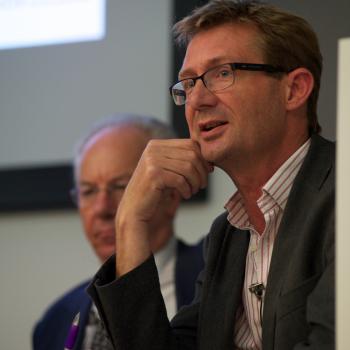Digital News Report 2018

DOI: 10.60625/risj-f09r-ca66
This year’s report contains signs of hope for the news industry following the green shoots that emerged 12 months ago. Change is in the air with many media companies shifting models towards higher quality content and more emphasis on reader payment.
We find that the move to distributed content via social media and aggregators has been halted – or is even starting to reverse, while subscriptions are increasing in a number of countries. Meanwhile notions of trust and quality are being incorporated into the algorithms of some tech platforms as they respond to political and consumer demands to fix the reliability of information in their systems.
And yet these changes are fragile, unevenly distributed, and come on top of many years of digital disruption, which has undermined confidence of both publishers and consumers. Our data show that consumer trust in news remains worryingly low in most countries, often linked to high levels of media polarisation, and the perception of undue political influence. Adding to the mix are high levels of concern about so-called ‘fake news’, partly stoked by politicians, who in some countries are already using this as an opportunity to clamp down on media freedom. On the business side, pain has intensified for many traditional media companies in the last year with any rise in reader revenue often offset by continuing falls in print and digital advertising.
Part of the digital-born news sector is being hit by Facebook’s decision to downgrade news and the continuing hold platforms have over online advertising. With data covering nearly 40 countries and five continents, this research is a reminder that the digital revolution is full of contradictions and exceptions. Countries started in different places, and the speed and extent of digital disruption partly depends on history, geography, politics, and regulation. These differences are captured in individual country pages that can be found towards the end of this report. They contain important industry context written by local experts – alongside key charts and data points from each market. The overall story is captured in this executive summary, followed by Section 2 with chapters containing additional analysis on key themes.









